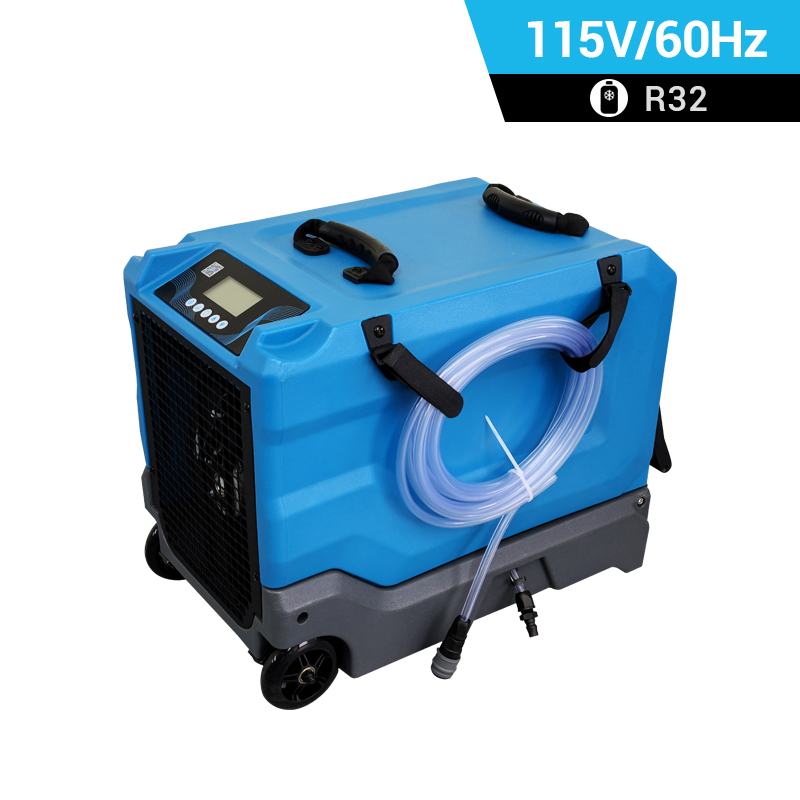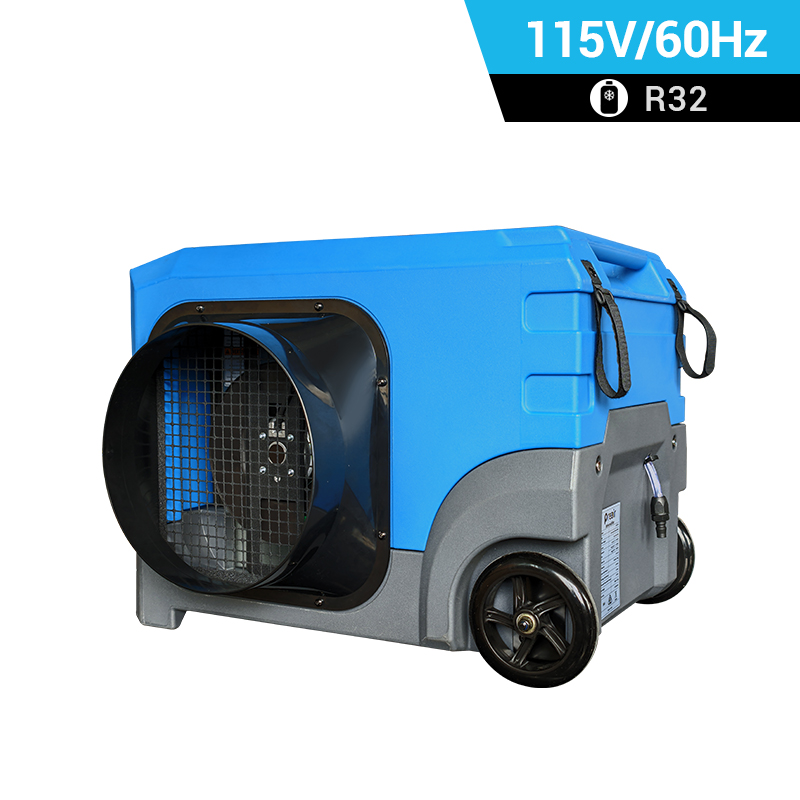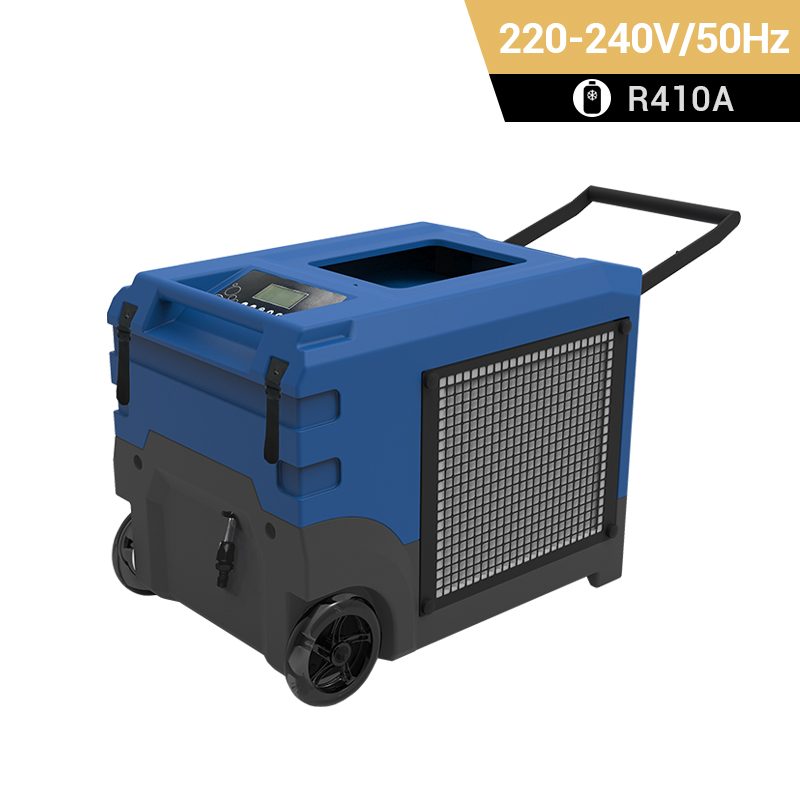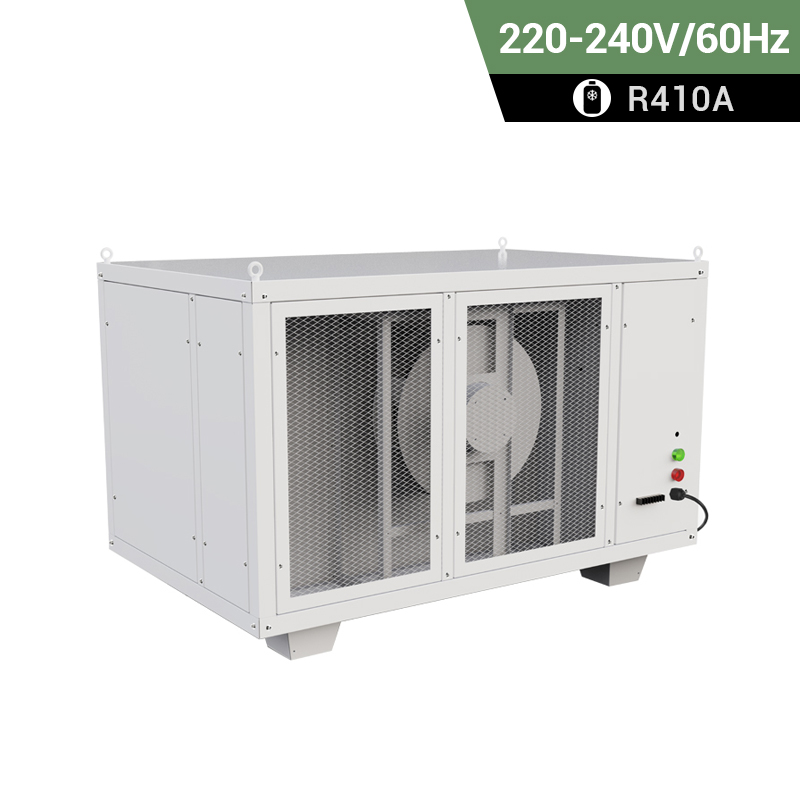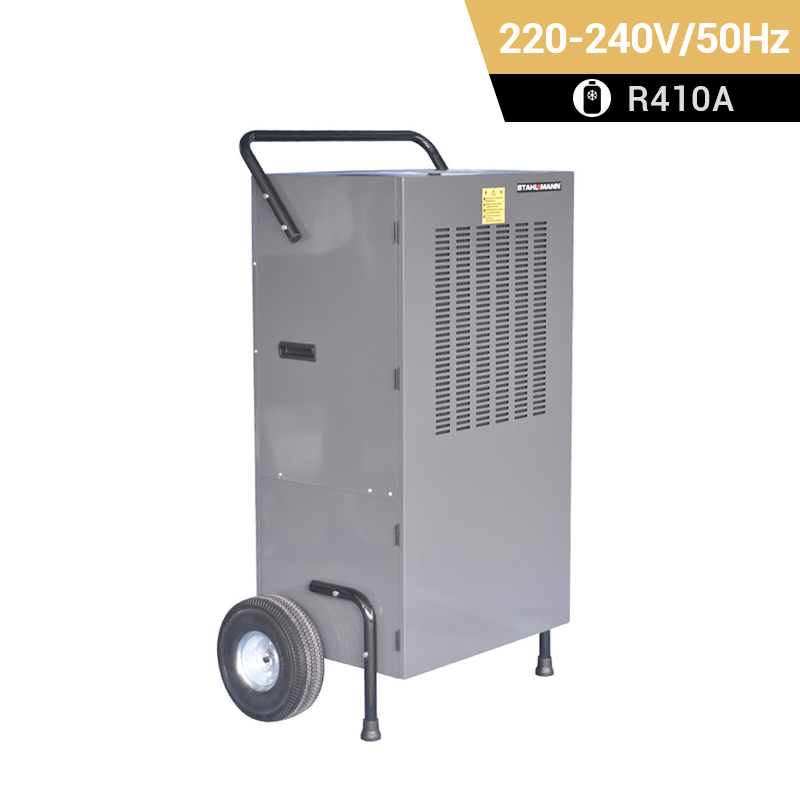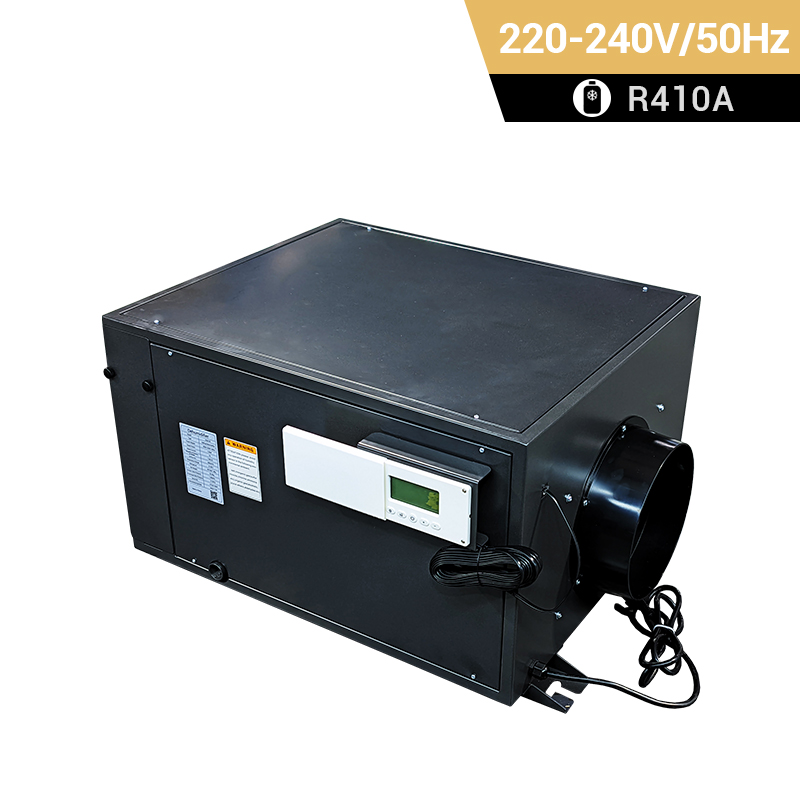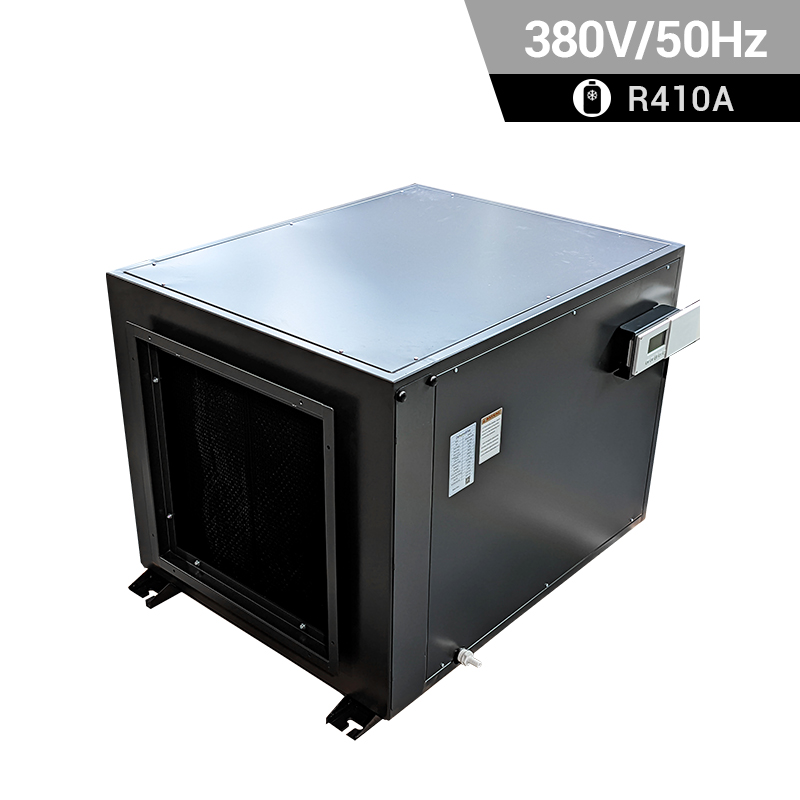 +86-13376814803
+86-13376814803  robert@hzhongtai.com
robert@hzhongtai.com
Dehumidifier For Commercial Buildings
Do commercial dehumidifiers use a lot of electricity?
Commercial dehumidifiers generally have higher capacities and are designed to handle larger spaces or more demanding moisture removal requirements. As a result, they often consume more electricity compared to smaller, residential dehumidifiers. However, the exact energy consumption of a commercial dehumidifier can vary depending on factors such as its capacity, operating conditions, and specific features.
Here are some considerations regarding the electricity usage of commercial dehumidifiers:
Capacity: Commercial dehumidifiers are typically designed for larger spaces, which means they have more powerful motors, larger fans, and higher capacity refrigeration or desiccant drying systems. These components require more energy to operate, leading to higher electricity consumption compared to smaller units.
Energy Efficiency: Many commercial dehumidifiers are built with energy-efficient features to minimize electricity usage. Look for safe dehumidifiers with energy-saving modes, adjustable fan speeds, or built-in humidity sensors that can optimize the dehumidification process and reduce energy consumption when possible.
Operation and Usage: The electricity consumption of a commercial dehumidifier will also depend on how frequently and for how long it operates. Factors such as the desired humidity level, ambient conditions, moisture load, and the dehumidifier's control settings can influence its runtime and electricity usage. It's important to balance the dehumidification needs with energy efficiency considerations.
Energy Ratings and Labels: When choosing a commercial dehumidifier, consider checking the product's energy ratings and labels, such as Energy Star certification or other local energy efficiency certifications. These labels provide information on the unit's energy efficiency and estimated energy consumption, allowing you to compare different models and make more informed decisions.
To get a better idea of the electricity usage of a specific commercial dehumidifier, you can refer to the product specifications provided by the manufacturer or consult their technical documentation. It's also worth considering the long-term benefits of efficient moisture control, as proper dehumidification can help prevent damage, improve air quality, and reduce maintenance costs associated with excess moisture and mold growth.
Overall, while commercial dehumidifiers may consume more electricity compared to residential units, selecting energy-efficient models and using them judiciously can help minimize energy consumption without compromising on effective moisture control.
Related Products



